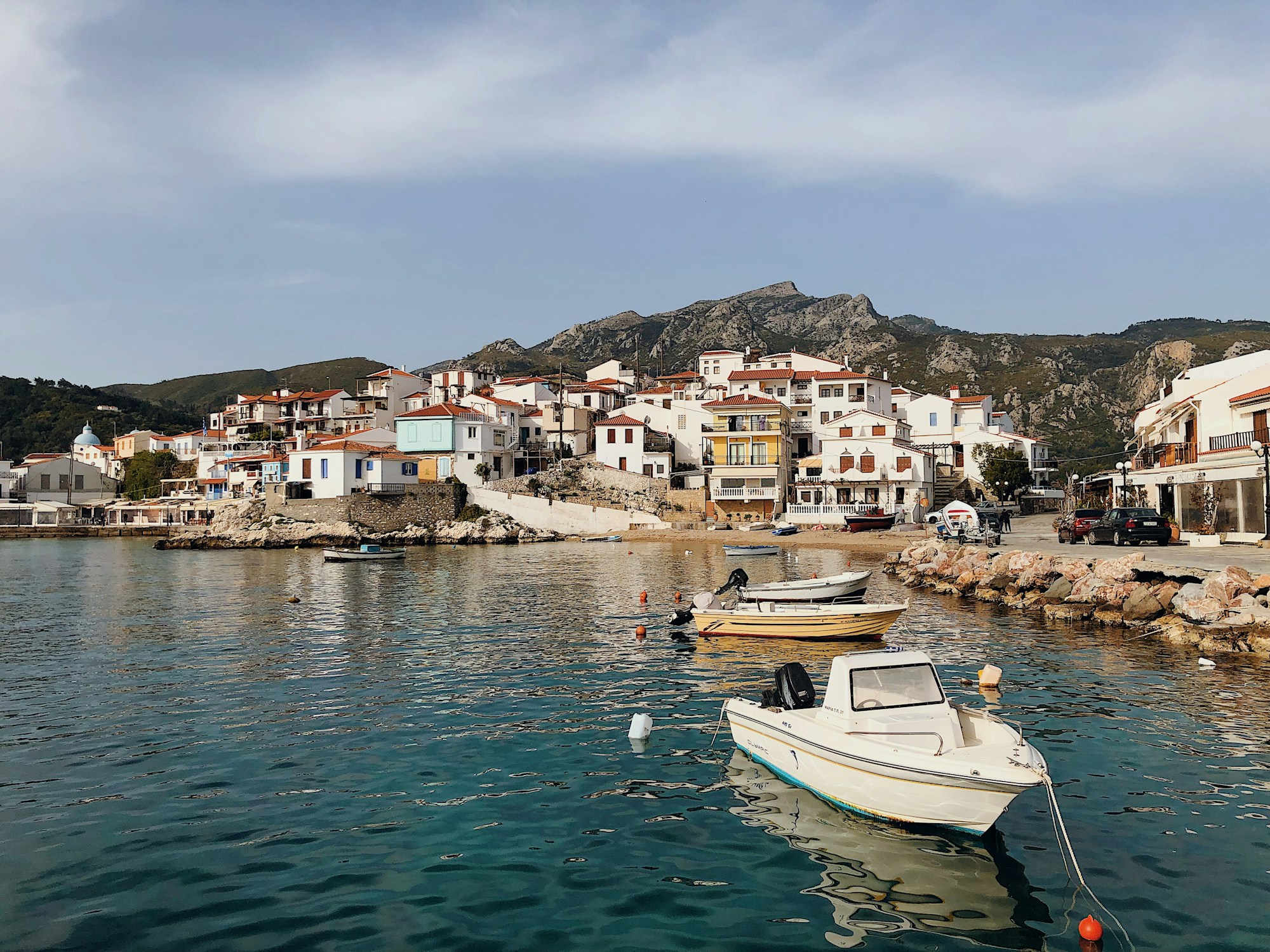Samos: A Guide to Local History, Customs, and Festivals
Explore Samos: Discover its rich history, vibrant customs, and colorful festivals in this comprehensive local guide.

Introduction to Samos
Samos is a picturesque Greek island located in the eastern Aegean Sea, close to the coast of Asia Minor. Renowned for its lush landscapes, prolific history, and vibrant cultural traditions, Samos is a paradise for travelers seeking to explore both nature and history.
Historical Context
Ancient History
The island of Samos boasts a rich tapestry of history that dates back to antiquity. In ancient times, Samos was primarily known for two things: its strategic naval importance and its brilliant contributions to art and science. The island was the birthplace of numerous historical figures, including the great mathematician Pythagoras and the philosopher Epicurus.
Classical Period
During the Classical Period, Samos was a major maritime power and an important player in the Greco-Persian Wars. The island’s prosperity was largely due to its powerful navy and its alliance with Athens. Famous architectural feats such as the Heraion of Samos—a grand sanctuary dedicated to the goddess Hera—and the Tunnel of Eupalinos, one of the engineering marvels of the ancient world, were constructed during this period.
Byzantine and Ottoman Era
In the Byzantine period, Samos continued to flourish, though it faced numerous challenges, including piracy. The island fell under Ottoman rule in the early 16th century but retained a degree of autonomy that allowed its local traditions and customs to thrive. Under Ottoman rule, Samos experienced a cultural renaissance, with the construction of numerous churches and monasteries.
Local Customs and Cultural Practices
Daily Life and Traditional Attire
Daily life in Samos is deeply intertwined with traditional customs. Villagers often don traditional attire, especially on special occasions. Women usually wear colorful dresses adorned with intricate embroidery, while men typically wear a type of garment known as the “foustanella”, a pleated skirt-like apparel.
Culinary Traditions
Samos offers an array of delicious local foods. Traditional dishes include:
- Souvlaki: Grilled skewered meat, often served with pita bread.
- Moussaka: A layered dish made with eggplant, minced meat, and béchamel sauce.
- Pythagorean Ionian Wine: A locally produced wine said to have been enjoyed since ancient times.
Religion and Festivals
Religion plays a vital role in daily life on Samos. The island is dotted with numerous churches and monasteries, each a testament to the devout faith of its inhabitants. Major religious festivals often involve elaborate ceremonies, processions, and feasting.
Festivals and Celebrations
Carnival (Apokries)
One of the most anticipated festivals in Samos is the Carnival, or Apokries. This pre-Lenten festival involves colorful parades, elaborate costumes, and a wide variety of social activities. Each village hosts its own events, but the town of Vathy is particularly famous for its grand celebrations.
Easter Celebrations
Easter is another significant event in Samos. The Holy Week is filled with religious ceremonies, culminating in the Resurrection Service on Holy Saturday. On Easter Sunday, families gather for a festive meal, which usually includes roasted lamb and an array of traditional pastries.
Annual Wine Festival
The Wine Festival is an exciting event held in the summer, celebrating Samos’ rich tradition of winemaking. Visitors can sample a variety of local wines, enjoy live music, and partake in traditional dances.
Points of Interest
Heraion of Samos
The Heraion is a grand temple complex dedicated to the goddess Hera. It is one of the most significant archaeological sites on the island and a UNESCO World Heritage Site.
Tunnel of Eupalinos
Constructed in the 6th century BCE, the Tunnel of Eupalinos is an ancient aqueduct that is considered a marvel of engineering. Visitors can explore this underground tunnel, which stretches for over a kilometer through the mountain.
Pythagorean Cup
Named after the famous mathematician Pythagoras, the Pythagorean Cup is a unique and intriguing artifact. The cup has a built-in mechanism that causes it to spill if it is filled beyond a certain point, symbolizing the principles of moderation and balance.
Local Anecdotes and Interesting Facts
Pythagoras’ Legacy
One of the most interesting anecdotes about Samos involves Pythagoras. According to local legend, Pythagoras used a cave near the town of Pythagorion as a sanctuary for teaching his pupils. The cave still exists and is a popular spot for tourists.
Hera’s Sacred Island
Another fascinating tale is about the goddess Hera, who is said to have been born on the island. The Heraion was built to honor her, and it’s believed that rites and offerings were conducted there for thousands of years.
Famed Visitors
The island has hosted numerous renowned visitors over the centuries, including Herodotus, the ancient historian often referred to as the 'Father of History.' In his writings, he lauded Samos for its beauty and advanced civilization.
Conclusion
Whether you are a history enthusiast, a culture vulture, or simply someone looking to relax and enjoy stunning landscapes and pristine beaches, Samos has something to offer. From its rich historical heritage and traditional customs to its vibrant festivals and intriguing legends, Samos provides an unforgettable experience for all who visit.
